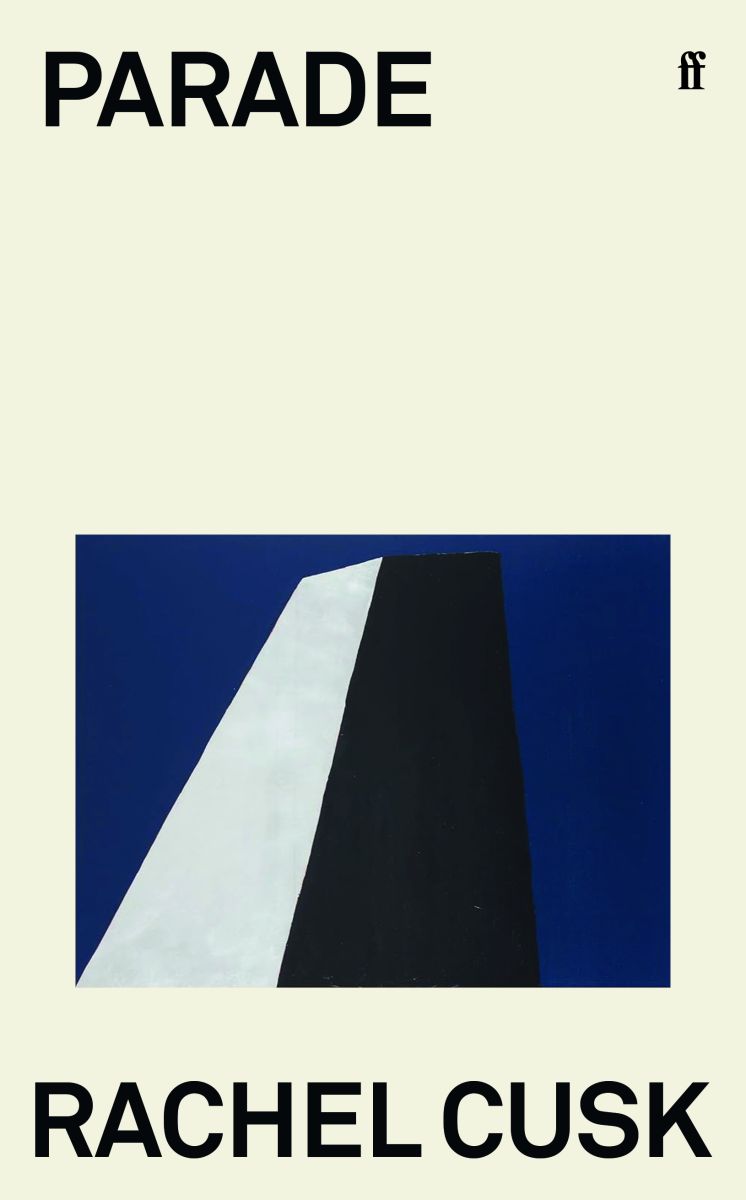Rachel Cusk: Parade book review – Powerful novel of art, live and love
The latest novel from acclaimed author Rachel Cusk explores a tapestry of troubled lives in unconventional fashion. Haneen AlEid declares this examination of the human condition a masterpiece

In her latest novel, Rachel Cusk unleashes a torrent of profound explorations, magnifying the intricate complexities of human emotions and preconceived societal norms. Parade consists of four chapters and begins by following the success of an artist who paints his wife upside down. Through this, he also makes her ugly. Cusk’s interest lies in capturing how art and abstraction can serve as a form of acceptance of madness and a means of escape from the self.
We grow attached and deeply commiserate with other women in the book, in particular how they subsume themselves in traditional marriage roles, and how they become flawed mothers and people because of it. The novel does not follow a conventional structure; Cusk’s unique narrative unfurls like a tapestry of troubled lives, renouncing traditional storytelling in favour of an immersive exploration of the human condition.
The stories truly take off when we encounter G, who at 22 travelled far from home to build a new life, away from the disapproval of her parents. She would later attract a husband who also frowned upon her. G’s external success and family turmoil are attached to the same seed: her shame. Cusk seamlessly captures ancient emotions women have battled with for centuries through her characters’ inner monologue. She artfully encapsulates female emotions, juxtaposing ‘rage’ and ‘competence’ in the same breath. Through our journey to G’s professional success, we ponder the weight of scrutiny. Shame, body consciousness, womanhood and abuse are spread out very thinly across the pages of this book, making you wish that all women would read it at least once in their lives.

The novel makes a notable assumption that art can be used to cope with everything we dread, in a joyous sense. When the final chapter begins, the whirlwind of ideas come to an end with a last exploration. In it, we learn of a filmmaker who uses an alias. Cusk constructs beautiful trains of thought about how fabricating an external identity can lead to the loss of internal truths. The filmmaker’s attachment to protecting his private life stems from a belief that being truly known is inherently shameful, and that attaching oneself to art can breed arrogance.
Most poignantly, the filmmaker’s relationship with his dying mother and its impact on his own trajectory explores the notion that even after we are gone, the people and things we owned continue to carry us. If Parade is your first encounter with Rachel Cusk’s work, chances are you’ll want to explore further to see if she has ever matched this masterpiece.
Rachel Cusk: Parade is published by Faber on Tuesday 4 June; picture: Siemon Scamell-Katz.